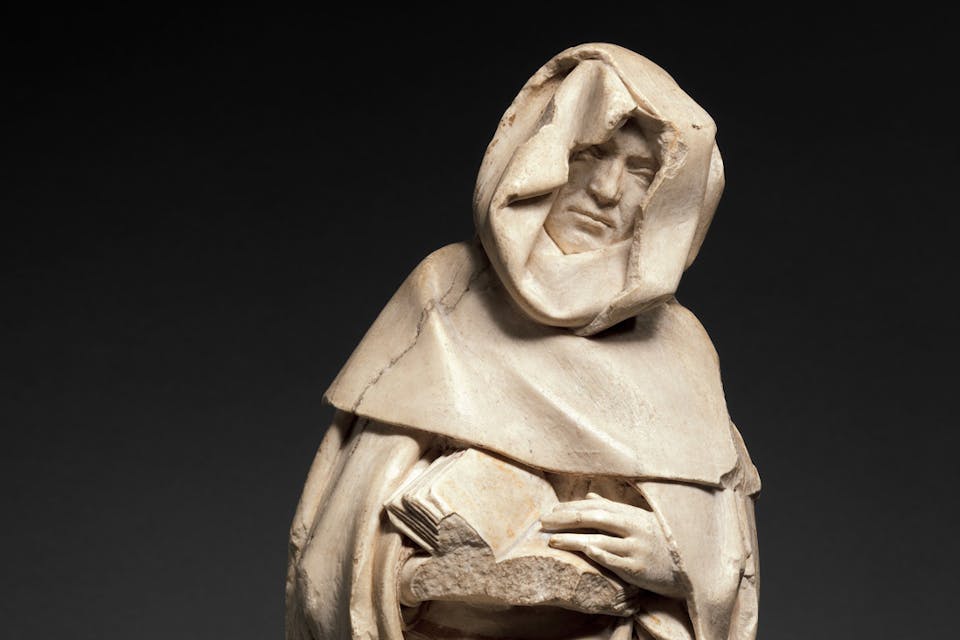
April 27, 2016
An Unparalleled Document of Jewish Mourning
The death of his brother in 1041 moved Shmuel Hanagid, one of Jewish history's most extraordinary figures, to write nineteen piercing poems charting the rise and fall of his grief.
Shmuel Hanagid, a powerful leader of Andalusian Jewry and among the greatest of the medieval Hebrew poets, was born in Cordoba in 993 and died in 1056. Upon the death of his brother Yitzḥak in 1041, Hanagid composed a cycle of nineteen poems that are, writes Hillel Halkin, “apart from their lyrical beauty, an unparalleled document of mourning.” Excerpts from them, masterfully translated with accompanying commentary, appear in Halkin’s new book, After One-Hundred-And-Twenty: Reflecting on Death, Mourning, and the Afterlife in the Jewish Tradition (Princeton University Press, co-sponsored by the Tikvah Fund).
Shmuel Hanagid—the Hebrew epithet means “the governor”—is one of Jewish history’s most extraordinary figures. Not since the time of Judah the Prince, compiler of the Mishnah and leader of the Jewish community during the Roman occupation of Judea, had any Jew wielded the power that he did.
Born in 993 in Cordoba, in Muslim Andalusia, Hanagid settled as a young man in Granada and swiftly rose to prominence at its royal court. For over two decades, he served as the grand vizier of Granada’s kingdom, which contended with Seville for supremacy in the south of Spain, and as a military commander in its battles. He also found time to be a leading rabbinic scholar, a lover of wine and good company, an inveterate philanderer, a deeply religious personality, a devoted father to the son who succeeded him after his death, a ruthless enemy to his foes—and a prolific poet, to my mind the greatest of the great medieval Hebrew poets, whose verse reflects these many sides of him.